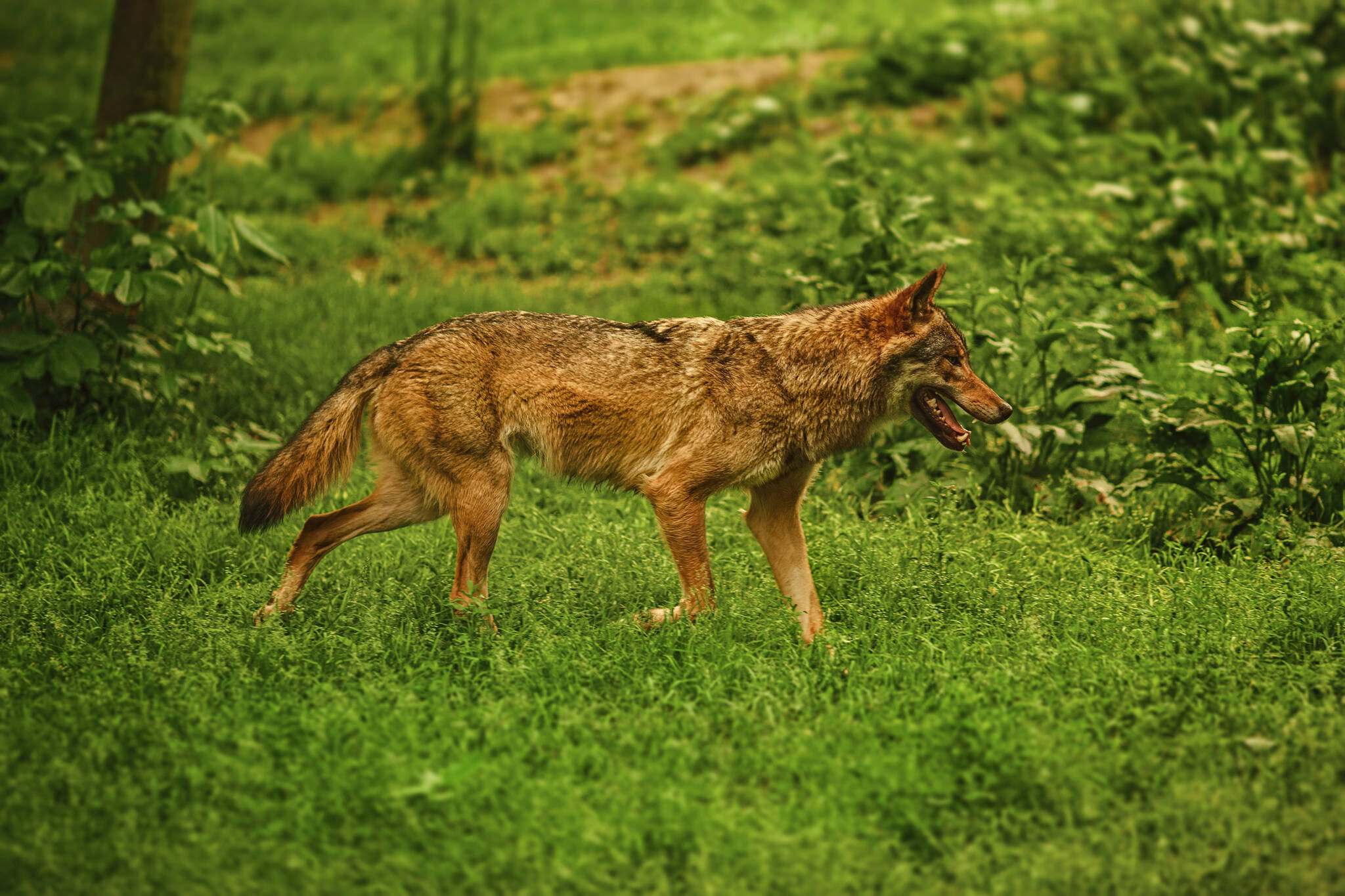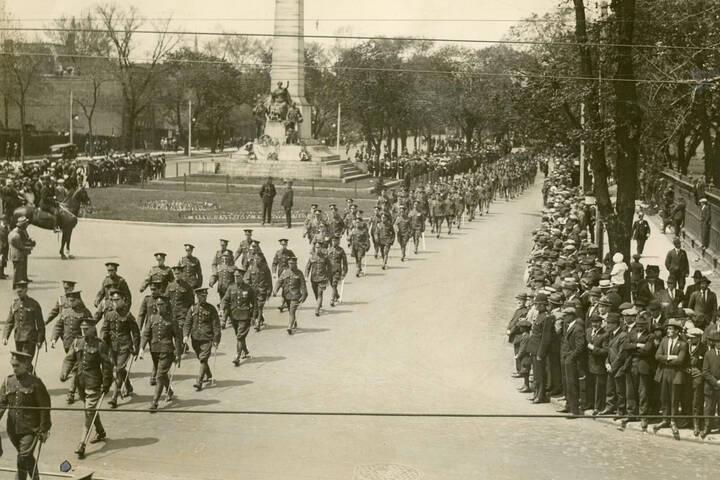
Experts blame humans for recent coyote attacks in Toronto
The Toronto Wildlife Centre puts the blame on humans after a number of incidents involving coyotes — one involving a tiny dog.
The situation involving a male coyote in the Pine Hills Cemetery neighbourhood is "completely created by humans," the Toronto Wildlife Centre says in a press release.
Centre volunteers have seen people feeding the coyote.
"In addition, photographers have been using food baits to get the shots they want; another form of direct feeding," the release states.
Human behaviour is 100% responsible for the #coyote situation in the Pine Hills Cemetery neighbourhood. We are working closely with @cityoftoronto, @CoyoteWatchCAN and @ONresources to come up with solutions. We have issued a media release for more details: https://t.co/4YdSVSOSOe pic.twitter.com/xB5pXl03Ls
— Toronto Wildlife Centre (@TWC_Wildlife) July 28, 2021
There are also indirect food sources from overflowing garbage, food left out for a feral cat colony, food left in the cemetery at gravesites, and some residents who are leaving food out for coyotes thinking it will prevent them from eating their outdoor cats – which is a whole other issue.
"An abundance of food sources encourages coyotes and other wild animals to venture into the neighbourhood in search of an easy meal," the rescue says. "Feeding of coyotes alters their behaviour, typically resulting in animals who are less afraid of people and bolder around them."
People feeding the coyote have been seen kneeling down and dropping food on the ground for the coyote — a similar posture a woman took when a coyote tugged her pant leg.
The centre also notes that when the 10-year-old girl involved in the coyote incident dropped the leash and ran, this may have encouraged the coyote to chase her.
"Running incites a chase response in some coyotes (as well as some dogs) and is discouraged in these types of situations."
Yorkie who protected owner from coyote attack in Toronto is on a rocky road to recovery https://t.co/002qgDClX0 #Toronto #Yorkie
— blogTO (@blogTO) July 28, 2021
It is also important to keep pets inside or on a leash at all times.
"It is incumbent on us as pet guardians to ensure that our beloved companions are safe at all times when outdoors."
Coyotes by nature are not aggressive, vicious animals but rather are very timid animals who are afraid of people and would rather be left alone, the centre says.
While the media described this as an attack (as does the City of Toronto), the Toronto Wildlife Centre says coyotes don't understand why it is okay to eat a wild rabbit, groundhog and not small cat or dog.
The liberal use of words like "attack", "aggressive" and "stalking" to describe the coyote and his behaviour are "fear mongering and only deepening the panic some members of this community are feeling."
Toronto's data on coyote attacks shows that as of July 21, coyotes have attacked 10 dogs, of which five have died. That's up from nine attacks in 2020, one of which was fatal. https://t.co/OFx2jSP55f
— CBC Toronto (@CBCToronto) July 26, 2021
"In addition, it has been our experience that media coverage like this can result in animals being harmed or killed; justified by the offenders through messaging they received that the animal is 'bad.'"
The Toronto Wildlife Centre is working closely with City of Toronto staff, Coyote Watch Canada and the Ministry of Natural Resources and Forestry to come up with solutions on the issue.
In the meantime, if residents see a coyote and are concerned, they should not run. If they have a small pet with them, they should pick it up and carry it home. They can also shout at the coyote or wave their arms around, acting scary. The coyote will be frightened.
The centre suggests people take a deep breath and understand that coyotes are interested in people because they think they will get a food treat.
"Informing and educating the public, especially in the affected neighbourhood, is very important – but important for all of us living in a green, nature-filled city like Toronto," the centre says. "We will be happier if we learn how to live with and appreciate the wild animals who live among us. They were here long before we were."
Latest Videos
Latest Videos
Join the conversation Load comments







